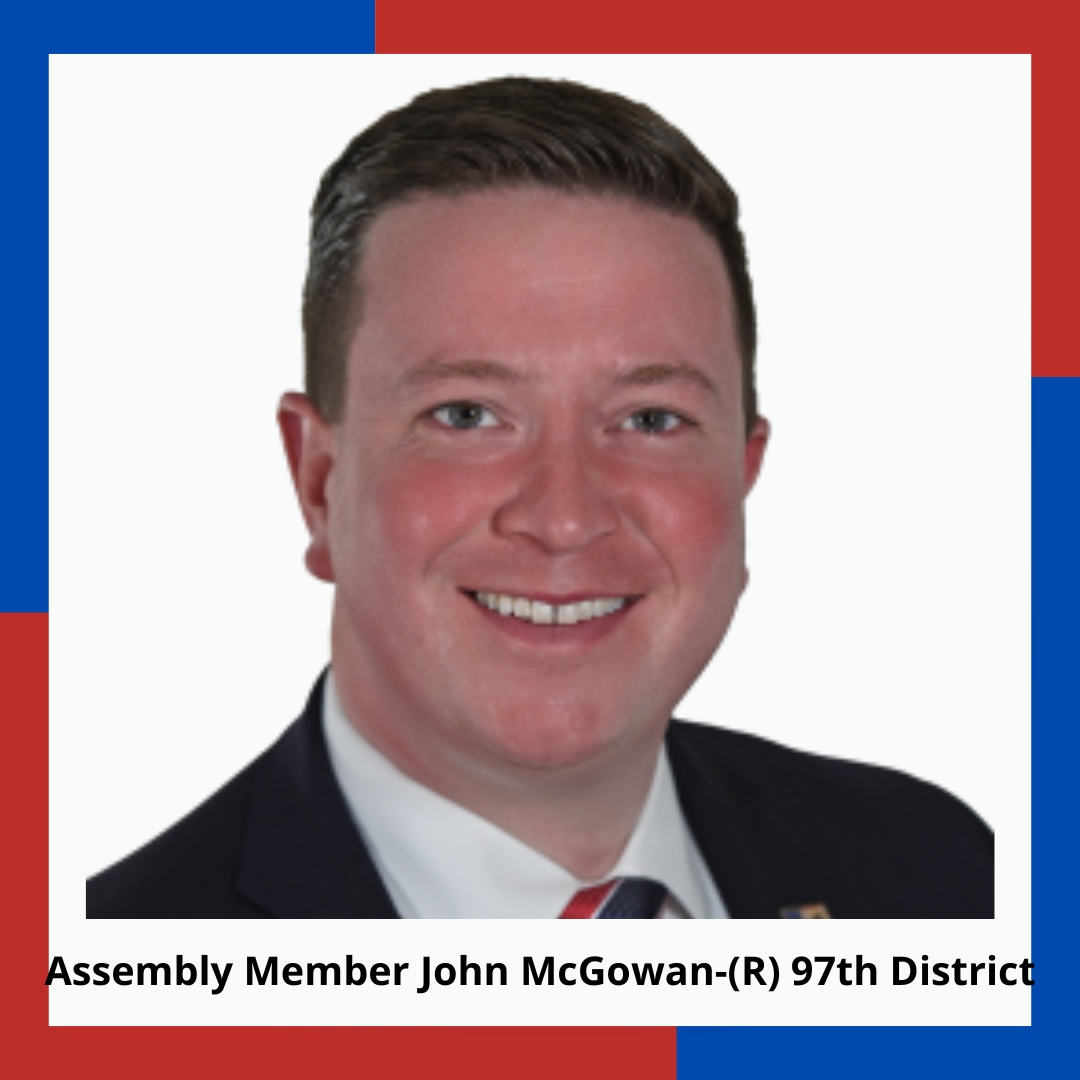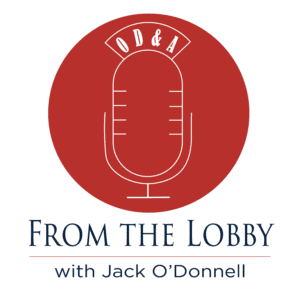Good morning from Washington D.C. where Congressional leadership is still trying to strike a deal on the debt ceiling to avoid a general default, one that could come as soon as June 1st.
House Speaker Kevin McCarthy and the White House both sounded more optimistic following negotiations last week, with McCarthy adding that he “sees a path,” but time is running out. Assuming Kevin McCarthy keeps his promise to give his members 72 hours to read a bill before voting, and assuming Congress does not cancel their scheduled Memorial Day recess, McCarthy would have to have a formal bill drafted by tomorrow. One of the remaining areas with the most amount of daylight between the two sides is the duration of any spending agreement, with House Republicans aiming for a decade-long deal while the White House prefers a more abbreviated time frame.
Biden has deputized Steve Ricchetti, Counselor to the President, and Office of Management and Budget Director, Shalanda Young, to lead talks for the White House while some Democratic Members of Congress have begun expressing concerns that Biden’s team is giving away too much in negotiations. Similarly, the influential GOP House Freedom Caucus have signaled they will not support any deal that is “overly deferential” to the White House and does not sufficiently address their spending concerns. On Friday, GOP leadership paused negotiations with the White House while they got their members on the same page before picking back up on Saturday. Speaker McCarthy and President Biden reportedly had a productive phone call on Sunday and agreed to an in person meeting today which is certainly a step in the right direction. However, both sides still remain tens of billions of dollars apart on any spending agreement.
Governor Kathy Hochul was in D.C. last week on a different issue. She held private meetings with members of New York’s Congressional Delegation, House Minority Leader Hakeem Jeffries, and Homeland Security Secretary Alejandro Mayorkas to discuss additional resources to help the state respond to the influx of asylum seekers.
The migrant crisis is creating an operational and political dilemma for Governor Hochul and New York City Mayor Eric Adams (who faced intense backlash for his proposals to house migrants at unused parts of public schools or in the northern suburbs in the Hudson Valley). A political firestorm erupted with reports that homeless veterans were evicted from hotels to make room for asylum seekers but which was later found to be made up. State Attorney General Letitia James has said her office will be investigating who was behind the hoax and potential criminal wrongdoing.
Still, there has been a flurry of bills introduced in Albany trying to reign in the Governor and Mayor’s abilities to move migrants throughout the state including one introduced by Senator Bill Weber (R-Rockland) that would ensure that a local state of emergency overrides a state of emergency issued by the Governor. These will not see the light of day but highlight the political urgency of the situation.
With New York State lawmakers in the waning days of the legislative session, Senate Minority Leader Rob Ortt has suggested a Special Legislative Session to try and come up with a solution, saying “We’ve been called back before. And if this really is a crisis, and we don’t get it done, then we should get called back. And if that’s what needs to happen, we’ll come back to pass legislation that protects our local communities, and deals with this crisis.”
On top of that, some experts have expressed concerns about the fiscal health of the State’s economy following a report released last week by Comptroller Tom DiNapoli showing the State took in $4 billion less than expected in tax revenue for the month of April. The state budget estimated there would be a 17% drop in tax revenue from April 2022 to April 2023 but the report showed a 49% drop and predicts a $5.1 billion gap for the next fiscal year. Also concerning, the New York Federal Reserve’s Empire State business-conditions index, which measures manufacturing activity in the state, reported a 42.6 point decline to negative 31.8 points in May. While the report does not project a recession, the last time the number plunged that significantly and steadily . . . was 2008.
Governor Hochul included over $19 billion for the state’s rainy day fund in her recent budget proposal and acknowledged in her budget announcement that the State’s economic outlook is less than certain, adding “The economy remains volatile…reminding us why we had to be prudent this year, and we’ll have to be prudent heading in the years ahead.”
Including today, there are just 10 days left in this year’s legislative session! The prolonged budget process put many legislative items on the backburner which has led to long legislative agendas and busy committee meetings. This week, there is a new bill adding the long-standing feud between state Senator Brad Hoylman-Sigal and New York Knicks owner James Dolan over the use of biometric data at MSG. Also, the New York Privacy Act is on the Senate Internet and Technology Committee Agenda and there is a bill introduced by Senator Tim Kennedy that would end qualified immunity for the State in negotiations with the Seneca Nation over their new compact.
Lawmakers and advocates are still pushing for “big ticket” items before the end of session including a slew of rental protections and housing affordability measures. The major piece, Good Cause Eviction, has been a priority of progressive for years and would prevent landlords from evicting tenants unless they expressly violated the lease agreement. There is also a bill that would prohibit landlords from reporting late rent payments to credit bureaus. On criminal justice reform, advocates are hoping this will finally be the year that the Clean Slate bill gets over the finish line after it failed to pass the Assembly last year.
You can view the full Senate Agendas here and the full Assembly Agendas here.
-Jack O’Donnell

Biden Team Aims to Compete in North Carolina, Test Ground in Florida

New to the NYS Legislature

New York Eyes April 2 for Presidential Primary Date
New York is considering an April 2 date for its 2024 presidential primary, two individuals with knowledge of the current plans said. [Read more.]
In The News
Biden Administration Sends $250M Military Aid for Ukraine
Trump Could Clinch the Nomination Before the G.O.P. Knows If He’s a Felon
Steve Scalise Diagnosed with ‘Very Treatable’ Blood Cancer
Eminem’s Beef with GOP Presidential Contender Ramaswamy Using His Music
X (Twitter) to Allow Political Ads from Candidates, Parties Ahead of U.S. Election
TV News Crew Robbed at Gunpoint While Reporting on Armed Robberies
Millions of Salaried Workers Would Receive OT Under Biden Administration Proposal
Liberals Raise Alarms, Calling on Biden to Sharpen Reelection Pitch
Biden Struggles to Make ‘Bidenomics’ a Plus, Not a Minus
Work Advances on Centennial Park, Northland Corridor Projects
Worth a Read
Biden Looks for New Ways to Energize Black Voters
Republican Women, Fearing Backlash on Abortion, Pivot to Birth Control
3 Hosts of an Eric Adams Fund-Raiser Are Said to Face Indictment
How the ‘Urban Doom Loop’ Could Pose the Next Economic Threat
This Fall's Covid Variant Might Really Be Different
NASA Spacecraft Reunites with Earth After 17-Year Trip Around the Sun
They Came to Find the Loch Ness Monster. What If They Do?
How the War in Ukraine Turned Tennis into a Battlefield
The Chess Cheating Scandal Ends with an Awkward Handshake
REM Sleep Is Magical. Here’s What the Experts Know.
Why the 1973 New York State SuperFair was Not So Super
Discover New York City's Seven Best Dive Bars
The 1980s Preppy Handbook is Again a Must-Read



